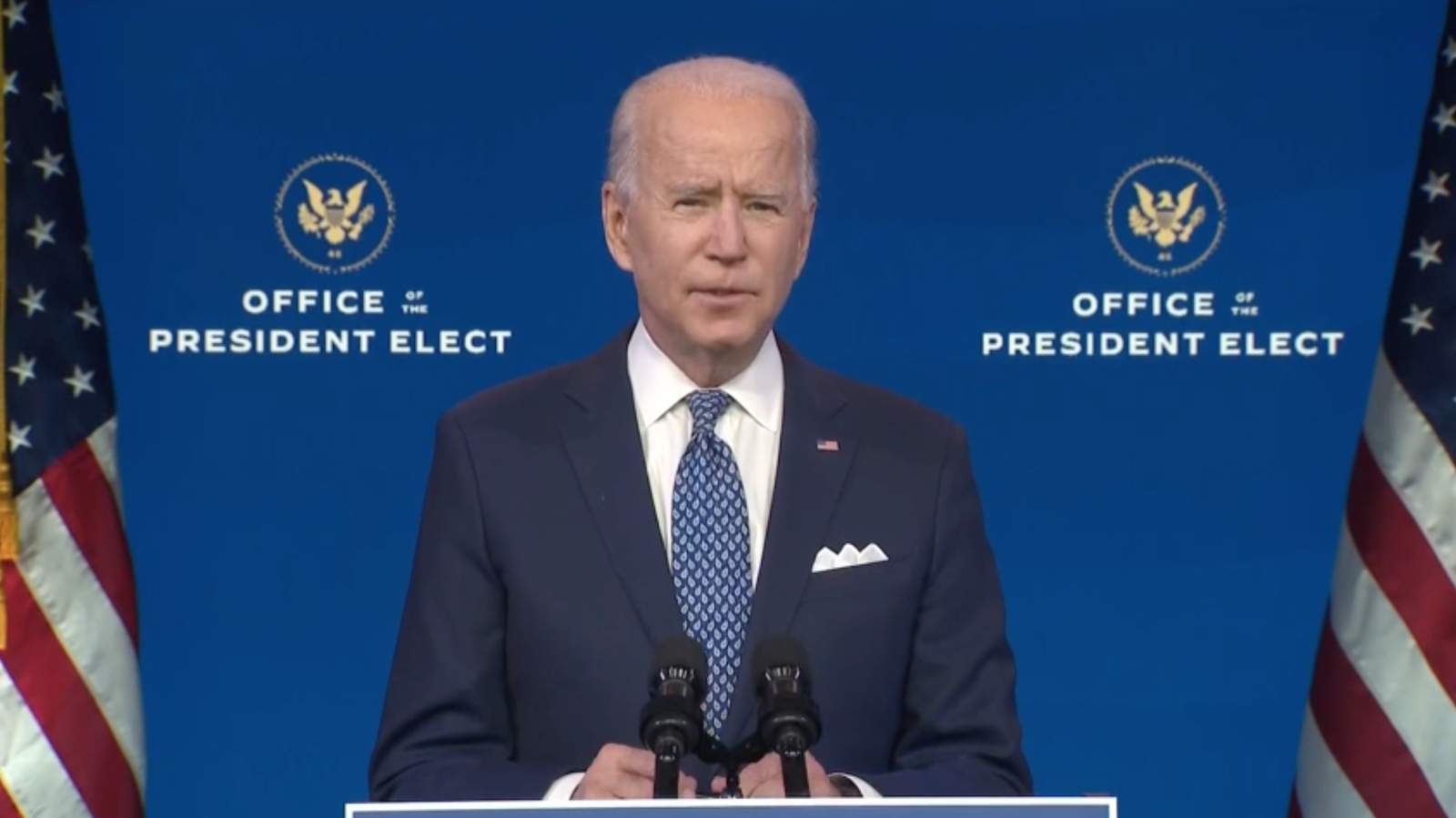Read this article on the original site.
As we look toward Inauguration Day, personnel picks are beginning to fill out President-elect Biden’s administration. Among his announced appointees and nominees are a disappointing slew of corporate insiders: a defense industry consultant, Uber adviser, BlackRock executive, recent Facebook board member, and pharmaceutical lobbyist, among others. While progressives have scored some wins, most recently with the precedent-setting announcement of Deb Haaland as interior secretary and in the area of climate and energy generally, the fight to limit corporate influence over the executive branch is an uphill battle.
One role that remains unfilled will be vital to enacting Biden’s policy agenda: the administrator of the Office of Information and Regulatory Affairs (OIRA). Although many Americans have never heard of OIRA, the office is well known among corporate lobbyists, who take full advantage of its ability to stop regulations in their tracks. Since the Reagan administration, OIRA has earned a reputation as “the death row of well-meaning legislation.”
A division of the Office of Management and Budget (OMB), OIRA was created to review agency regulations in an effort to streamline the federal rulemaking process. Its broad mandate gives it the ability to change, stall, or kill regulations written by every federal agency other than a few that are independent by statute, such as the SEC. OIRA can interfere in the technical details of agency decision-making that are best resolved by the agency’s experts.
OIRA is tasked with weighing the benefits of regulation against the costs in order to “maximize the welfare” of society. In practice, OIRA often deploys a myopic economic framework that prioritizes the cost to industry over the well-being of people. The creators of this cost-benefit analysis sought to promote societal welfare through a narrow and inaccurate vision of “economic efficiency” over all other concerns, including climate change, racial discrimination, and health crises. The result has largely benefited those who are already profiting off an economy that is deeply unequal and discriminatory.
Even in Democratic administrations, OIRA administrators took a hacksaw to regulations using this faulty cost-benefit analysis. Obama’s OIRA administrator, Cass Sunstein, supported the office’s role as a place where industry groups attack the Democratic regulatory agenda, blocking and stalling critical environmental, labor, and consumer protection regulations.
Under the guise of efficiency, Sunstein and other OIRA administrators have allowed corporate lobbyists to push for changes to regulations and then hidden those changes behind opaque regulatory review processes. Sunstein’s own deputy, Michael Fitzpatrick, pushed back against attempts by government ethics groups to make OIRA’s review process more transparent.
American lives were lost due to Sunstein’s intransigence for the sake of corporate profitability: Sunstein blocked an auto safety regulation requiring rearview cameras on automobiles, environmental protections to strengthen controls on deadly ozone pollution, and a workplace safety standard to reduce silica dust—a toxic substance that has caused thousands of worker deaths and illnesses.
The likelihood of a Republican-controlled Senate means that the only way Biden can deliver on his campaign promises and provide much-needed support to Americans facing multiple national crises is through regulatory action. There are plenty of measures Biden can take with just the president’s executive powers—at least 277. But these efforts will fail if Biden appoints a corporate insider to lead OIRA who holds up or hollows out strong regulations.
To be clear, any positive actions attempted by Biden’s civil rights, environmental, labor, consumer protection, or other nominees will be meaningless if Biden undercuts their work with a backward pick to lead OIRA.
At the very least, the next OIRA administrator must have a demonstrated and deep understanding that society’s welfare cannot be quantified in simple economic formulas that do not consider a long, entrenched history of deep racial inequity and environmental injustice, as well as the urgency of the climate crisis.
But beyond simply rejecting the office’s pro-corporate history, the next OIRA administrator must actively integrate a climate lens into the regulatory process. Instead of being a place where regulation goes to die, OIRA must ensure our regulatory agenda considers the climate emergency on every level and enables the important work of Biden’s newly announced climate team. But this will only happen if its leader is committed to tackling the climate crisis.
Biden’s OIRA head can reverse the office’s reputation as anti-labor by not allowing industry groups to continue using OIRA’s regulatory review process to avoid commonsense labor protections, effectively putting corporate profits over people’s lives. Instead, the next administrator can reassert Biden’s commitment to working people by ensuring Labor Department regulations are enacted as written and intended. Specifically, he or she will need to move quickly on approving essential COVID protections for frontline workers who are risking their lives every day.
The Biden administration will face immense challenges in undoing the damage caused by the Trump administration, as well as in advancing Biden’s own affirmative policy agenda. The American public elected Biden to serve us, not the corporatocracy, and we expect him to reject the business-as-usual, anti-regulatory approach of past OIRAs. Instead, a Biden administration should reimagine the role that OIRA plays so that it supports effective and timely regulatory safeguards that put people and the planet before corporate profit. Biden can only do this by putting a strong advocate at OIRA’s helm

